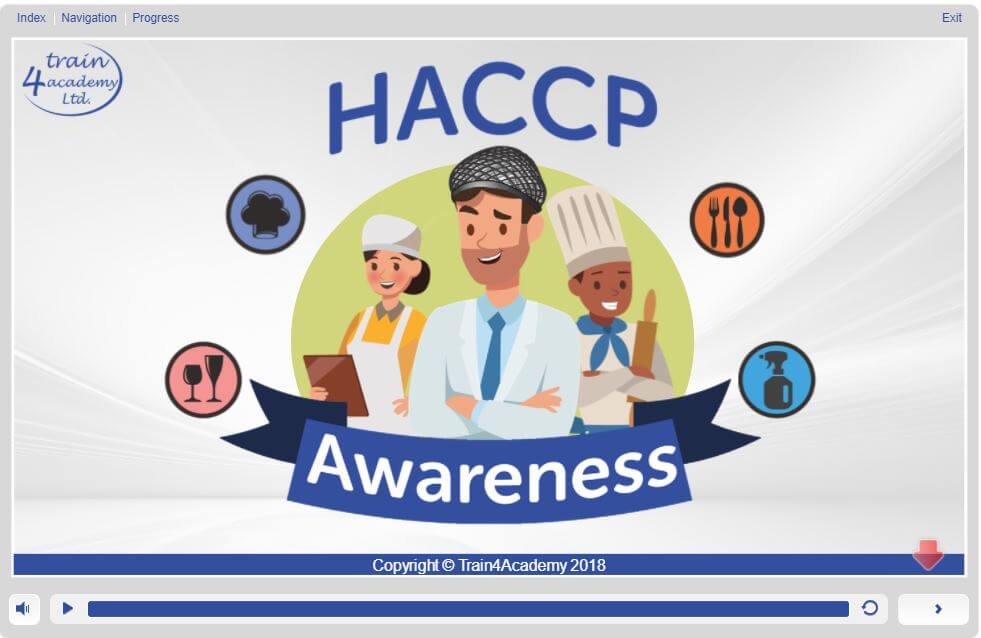Most Common Type of Food Contamination - Hair
30/11/2016
Research has indicated that the most common type of food contamination reported is hair that has fallen into foodstuffs during preparation or serving. Let's face it - nothing is more certain to put you off a meal than seeing a long hair sitting on the top, especially when you know it's not yours!
And we are not only talking about scalp hair. Carol Walker, a consultant trichologist (study of the hair and scalp), says that beard hair is different - more kinks in it, which tend to trap dirt and grease, and therefore bacteria.

Warning! He may look sexy, but don't let him cook for you.
Apparently, humans shed between 100 and 150 hairs a day. If a food production company has 100 workers, that is about 3,300-5,000 hairs during every shift. That is a significant amount of hair!
This is really serious stuff. Hair in food can lead to loss of customers, not to mention the toll that fines may impose. To conform to HACCP regulations, companies need to address the problem of keeping hairs out of food. This will be by using head coverings, but it is important that food workers remain clean and comfortable.
Research by the University of Bolton has identified that hot workers will scratch and fidget with their head coverings, which will cause even more hairs to fall. The research also states that because they stick upright, short hairs fall and contaminate more readily than long hairs.
One thing to remember - hair coverings should ideally be disposable, as washing them without a hair-dissolving wash chemical will not remove residual hair.
Based on this research, products that will enable hairnets and snoods to be recycled are being developed, which could save the average company a significant amount of money. In the meantime however, the use of hair coverings and snoods remains the main defence against this difficult and unpleasant problem.

Oh dear, no snood.
HACCP Training Courses
- Work towards compliance with UK & EU Food Safety and Hygiene Legislation
- Accepted by Local Authorities
- Unlimited resits at no cost
- Instant certificate
